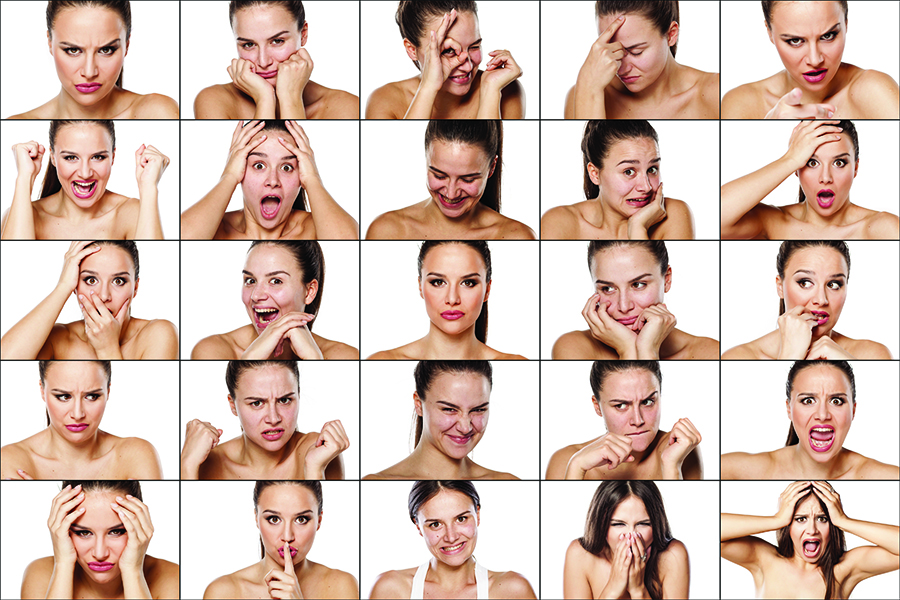It’s not all about happiness
Feeling a range of emotions may be advantageous to your health.
Story: Randy Taran
We live in a culture focused on happiness. Most people want to be seen as “together,” on top of their game, and happy. Have you ever noticed when someone is described as “emotional,” there’s often a subtle implication that they are “losing it” or “falling apart”? However, research tells a very different story. It turns out that focusing on happiness alone is not enough if you want to live your best life.
Feeling all emotions matters, and I’m going to tell you why. Real life, as we know, is often downright messy, at times disruptive, at times disappointing, and at times delightful. It is meant to be that way. To know deep happiness, we have to have experienced its opposite, sadness, as well. To step into courage, we have to have known fear. The faster we can accept that even challenging emotions are woven into the fabric of life, the easier it is to see all emotions are part of the human condition.
What many people don’t realize is that emotions help us evolve into who we are meant to be. We grow most when life ushers us out of our comfort zones. It’s when things don’t go as planned that we often learn something new that pushes us forward. As the saying goes, “Life doesn’t happen to us, but rather for us.” In a funny twist, when we can accept and learn to navigate all of our emotions, this not only makes us stronger, but in many ways, also happier.
“Emodiversity” means people have the capacity to experience a diverse range of emotions. This goes beyond the positive feelings like happiness, awe, and gratitude. It includes some anger, some sadness, some guilt, and some fear—the feelings that most people try to avoid. You may ask why is having a well-rounded emotional range a good thing? Isn’t it better to just feel good all the time?
A study of more than 35,000 participants found that “people high in emodiversity were less likely to be depressed than people high in positive emotion alone.” A second study, with 1,300 Belgian participants, revealed that those high in emodiversity “used fewer medications, didn’t go to the doctor as often, exercised more, ate better, and had all-around better health than those with more limited emotional range.”
So don’t be upset if you’re not happy all the time; don’t be down on yourself for feeling emotional. By experiencing the full spectrum of your emotions, you are not suppressing, ignoring, or otherwise denying what you are feeling. This is a good thing. As a result, you are not only less likely to be depressed, you also are poised to live a more meaningful, resilient, and healthier life.
Emotions send messages to make you more aware. In “emotional advantage,” we explore how fear can lead you to courage, anger can move you to create stronger boundaries, and guilt can help you course-correct to realign with your core values.
Emotions also signal that your heart is open. Use them wisely to connect in authentic ways. Allow them to help you to open the door to positive change.
About the writer
Randy Taran is founder and CEO of Project Happiness. For nearly a decade, she has served as a board member of the Dalai Lama Foundation and is on the board of the United Nations-sanctioned International Day of Happiness.

